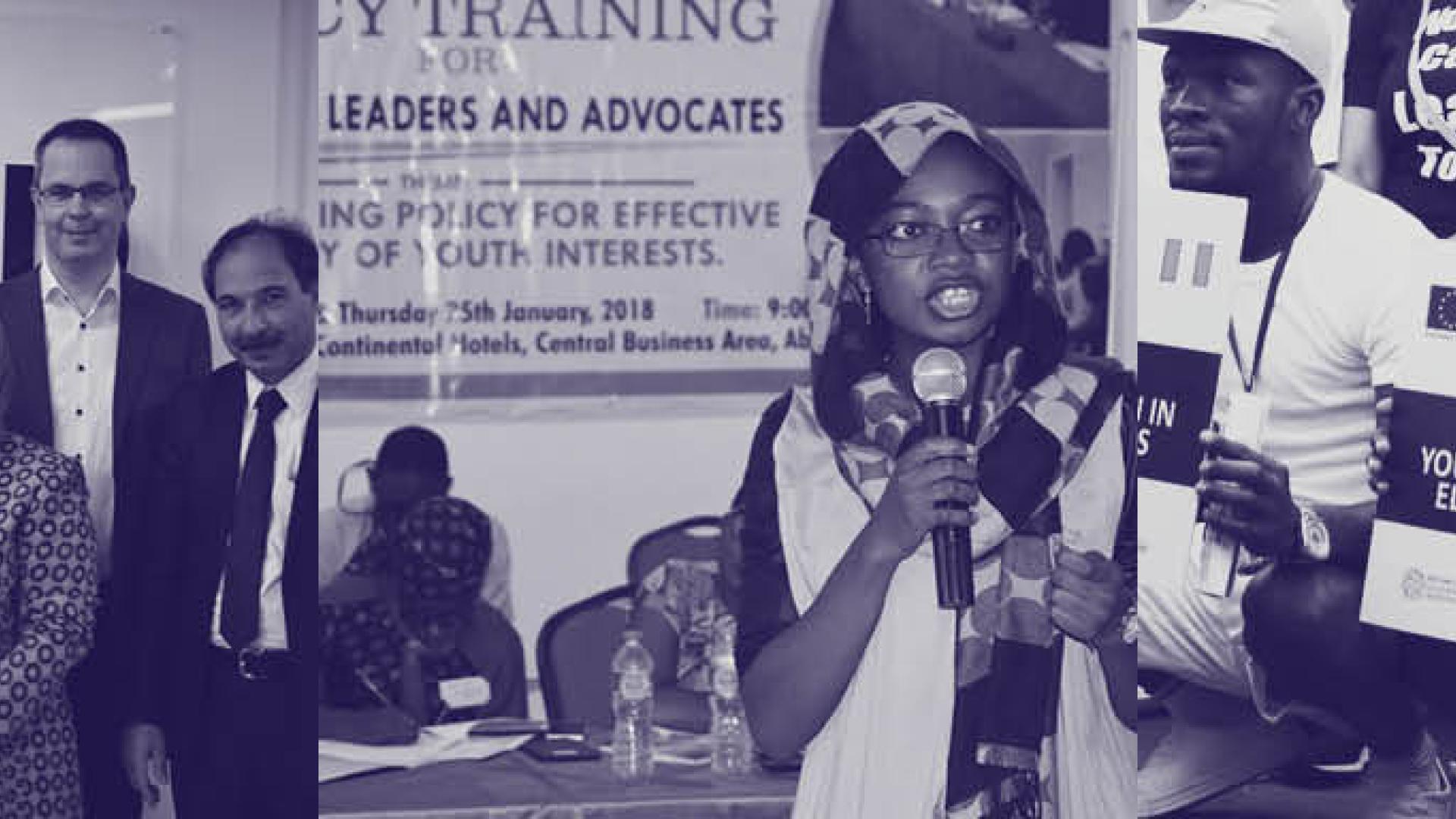2017 - 2018 Annual Report and Accounts

This was WFD’s 25th year of activity and our mission is as relevant today as it was in the aftermath of the fall of the Berlin Wall. Democratic systems and democratic values remain the best way to protect individual rights and to help countries to achieve sustainable security and prosperity.
That is why we are proud of the cross-party support WFD receives in the UK and the active engagement of the Westminster Parliament, the Scottish Parliament, the Northern Ireland Assembly and the National Assembly for Wales. With support from the UK government, WFD will continue to share the UK’s democratic experience with our international partners.
Last September, nearly 200 delegates from all over the world, including foreign ministers and speakers of parliaments, debated the UK’s role in supporting democratic values at WFD’s 25th anniversary. The conference launched our new strategy, which describes WFD’s ambition to have an even bigger impact on democratic systems by expanding our work with civil society and on electoral issues.
As we prepare for the next stage of WFD’s development, we are pleased to record progress across many of our programmes. WFD highlights from 2017-18 include:
- In the Middle East and North Africa, we welcomed significant progress in terms of legislation to protect women and girls from violence in Jordan, Lebanon and Morocco, following extended engagement by the WFD-supported Coalition of Women MPs from Arab Countries. At the international level, WFD continued supporting the coalition to advance an Arab League convention on violence against women, now at second draft stage.
- In sub-Saharan Africa, our partnership to involve more women, people with disabilities and young people in the Sierra Leone elections gained significant traction; a new partnership to support Gambian democracy delivered timely support to the new National Assembly; and we also launched support to young politicians and activists in Nigeria.
- In Europe and Central Asia, the launch of an openness index and detailed transparency action plans for Western Balkan democracies, new programmes to support the Assembly of the Republic of Macedonia and local government in Kyrgyzstan.
Our flagship study on the cost of politics continues to have an impact every time a new country analysis is released. Valuable research on the cost of running for office, or the price of serving as an MP, is informing reform initiatives in Ghana in this strand of the WFD Research Programme.
We closed 2017-18 with a major conference on ending violence against women in politics. This was organised jointly by all seven UK political parties in the House of Commons and WFD. With the participation of ministers and MPs from over 20 countries, the conference produced a rich collection of ideas, experiences, research and recommendations, including on the role of social media, which we will take forward in 2018-19.
Progress in democracy development is neither linear nor irreversible. Our operations in Myanmar are being reviewed to ensure that our programming responds to the conflicts in the country, while our programme in Venezuela continues to support inclusive policy debate and democratic institutions at a time of economic crisis and political instability. Adapting to shifting political scenarios, constant review of local contexts, and a focus on learning remain at the heart of our approach.
WFD is also proud to be leading a new ‘Commonwealth Partnership for Democracy’ over the two-year term of UK Chair of the Commonwealth. We also hope to meet strong demand for democracy support emerging from Latin America and South East Asia.
As we deliver this statutory update to Parliament, we are already upgrading Foundation systems and structures, as well as beginning to implement our new strategy. As WFD at 26 continues to evolve, I invite all UK and international colleagues to get in touch and renew the connection with us.